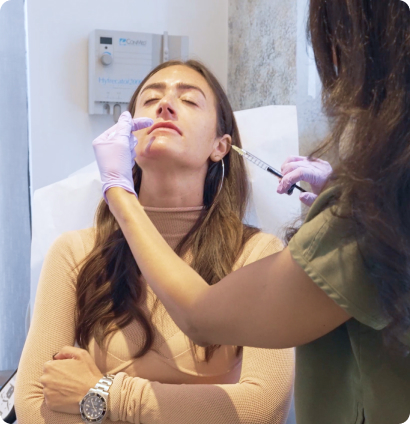Itching (Pruritus)
The medical term for itching is pruritus. It is an unpleasant sensation on the skin that provokes the desire to rub or scratch the area to obtain relief. Pruritus may cause discomfort and frustration, and in severe cases it can lead to disturbed sleep, anxiety and depression. Constant scratching to obtain relief can damage the skin and reduce its effectiveness as a major protective barrier.
There are a number of causes of pruritus. Patients may experience a localized form of pruritus in association with a primary rash (dermatitis) or secondary to hypersensitivity of nerves in the skin (neuropathic pruritus). In addition, systemic disorders may cause pruritus. The most common conditions include kidney disease, diabetes, hyperthyroidism, hypercalcemia, iron deficiency anemia, Hodgkin’s lymphoma, and generalized neuropathic pruritus. Patients who are menopausal may also experience pruritus.
The management of pruritus relies heavily on establishing the cause and then either removing or treating the cause to prevent further itching. In many cases, tests are necessary to determine the cause; while these are in progress, treatment to provide symptomatic relief of pruritus may be given.
In addition to specific therapy for any underlying skin or internal disease, topical treatment may include:
- Wet dressings or tepid shower to cool the skin
- Calamine lotion (contains phenol, which cools the skin): avoid on dry skin and limit use to a few days
- Menthol/camphor lotion: gives a chilling sensation
- Regular use of emollients especially if skin is dry
- Mild topical corticosteroids for short periods.
- Antihistamines
- Phototherapy (medically supervised exposure to ultraviolet light)
